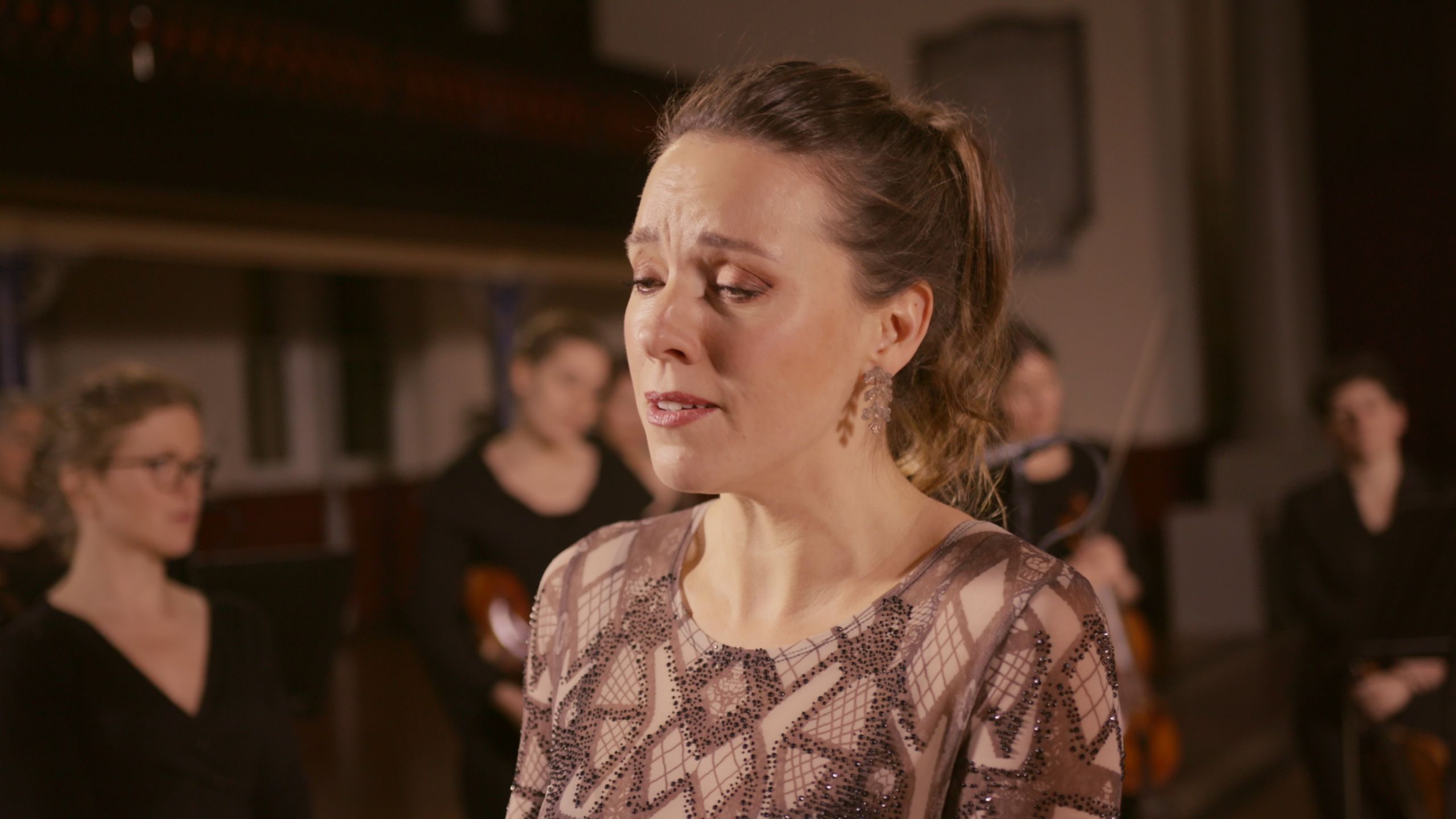Handel for All
Tanti Strali al Sen mi Scocchi
Details
Composed: 1711
Filmed: 29/01/2024, Wigmore Hall
Featured Artists
Related Content
An early work of Handel, this secular cantata was composed in 1707, and premiered that same year at the Palazzo Bonelli, in Rome. Wanting to write opera after his early success in Hamburg, Handel traveled to Italy; however upon arrival in Rome, Handel discovered that opera had been banned by Papal edict. In lieu of opera, Roman aristocracy hosted performances of secular cantatas, which were, for all intents and purposes, short operas without staging. Handel delved into this form, writing over 100 of these chamber cantatas for various patrons.
Discover More
Join us as we illuminate Handel’s extraordinary legacy
for a new generation.
for a new generation.
Sign up below for updates & early access to the latest Handel for All videos.




